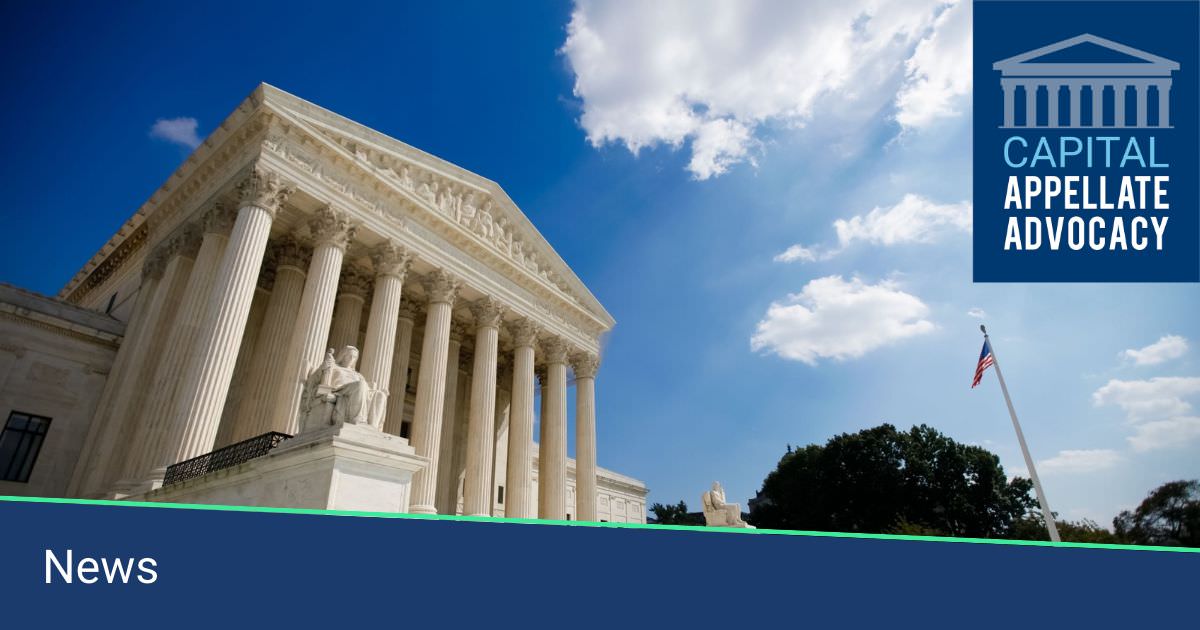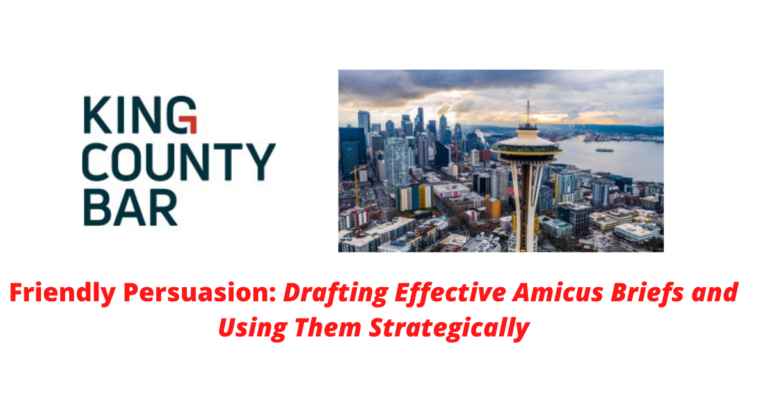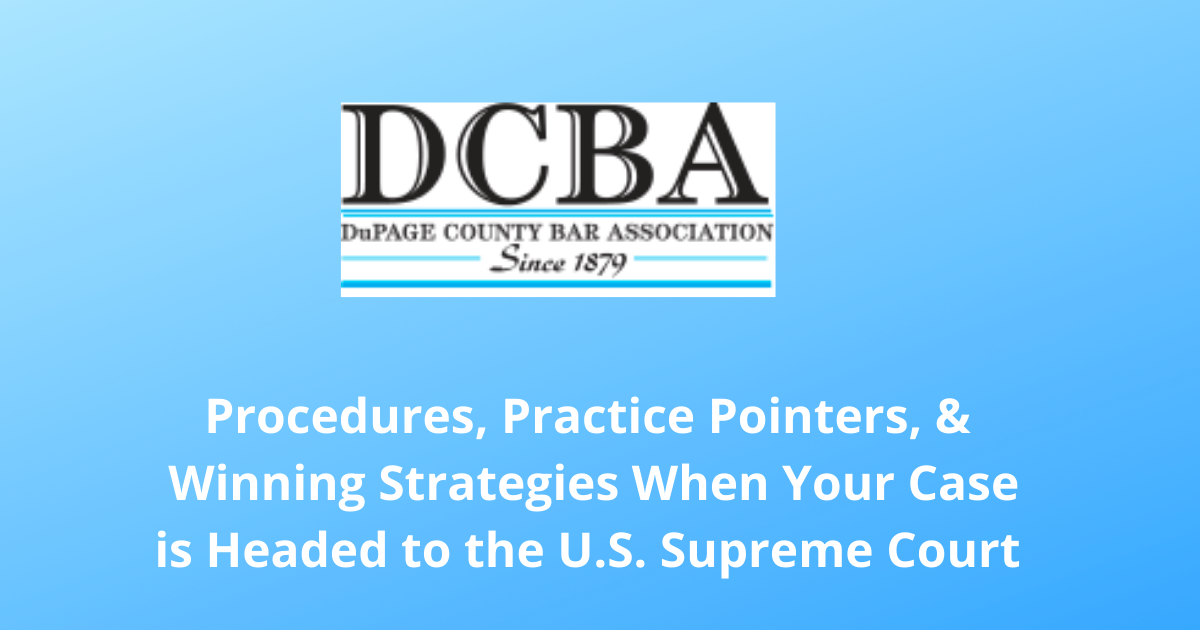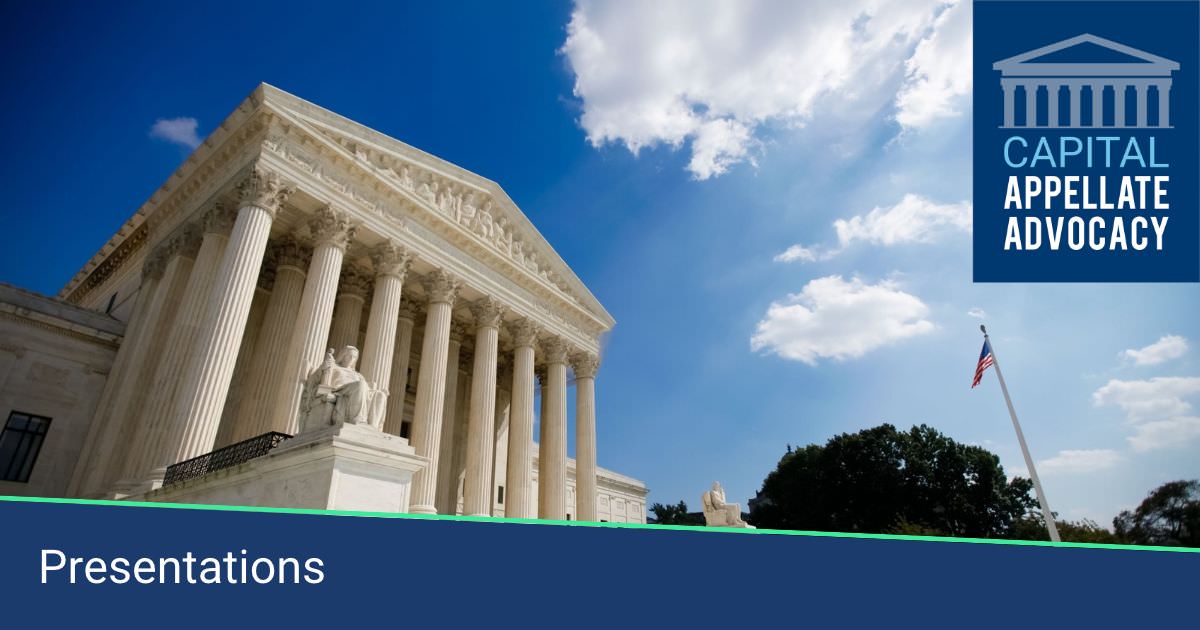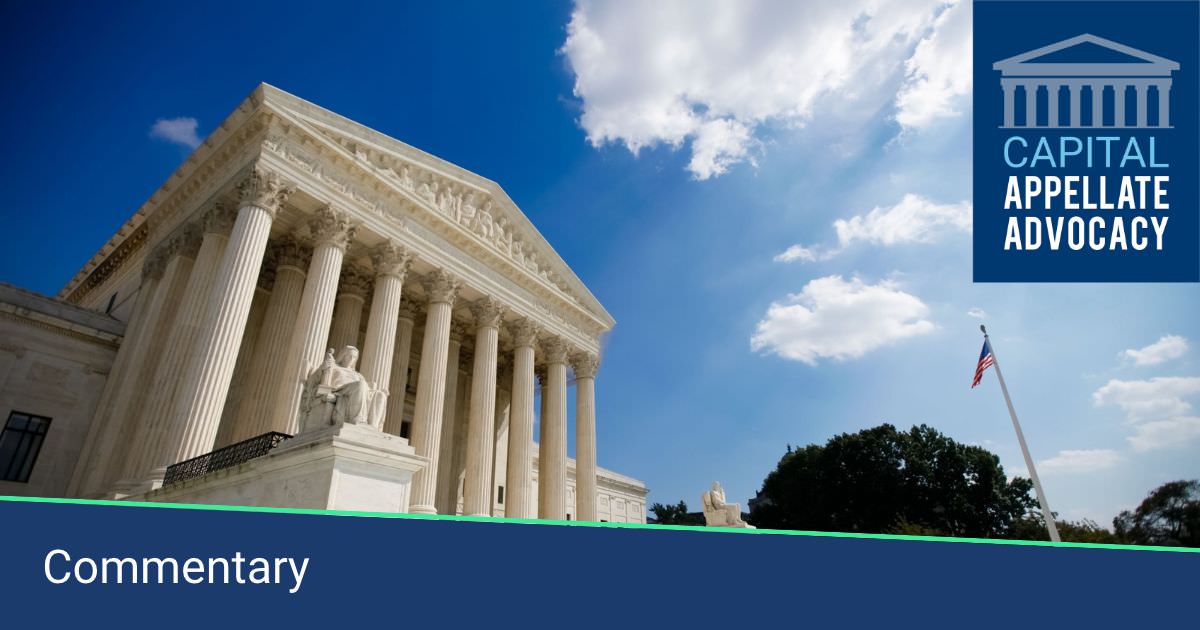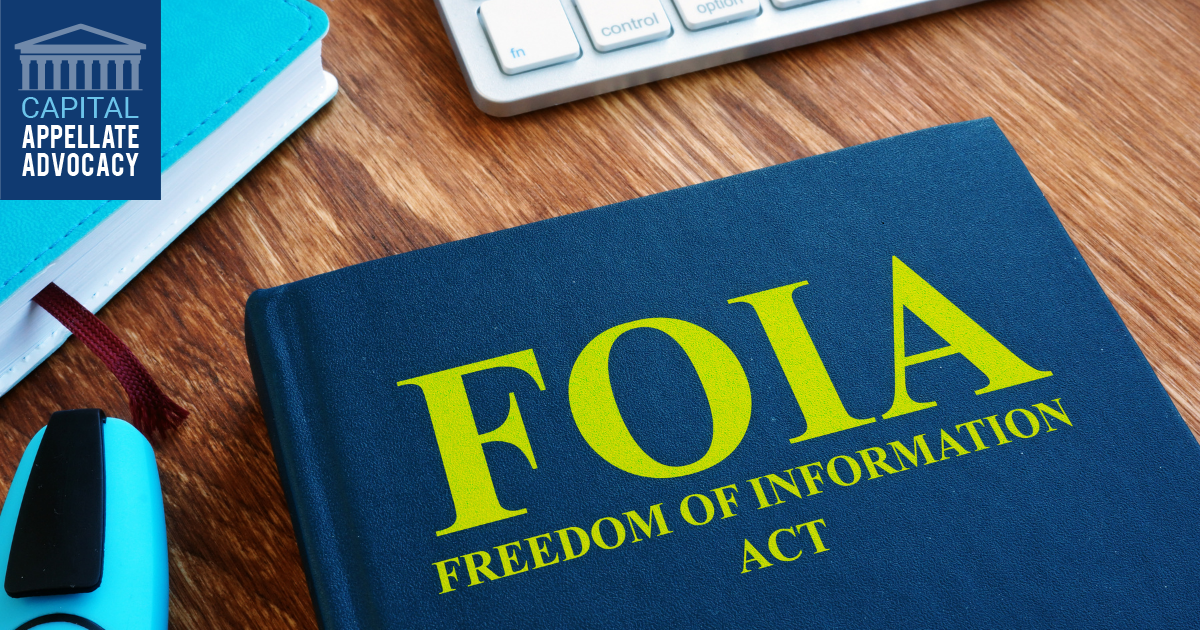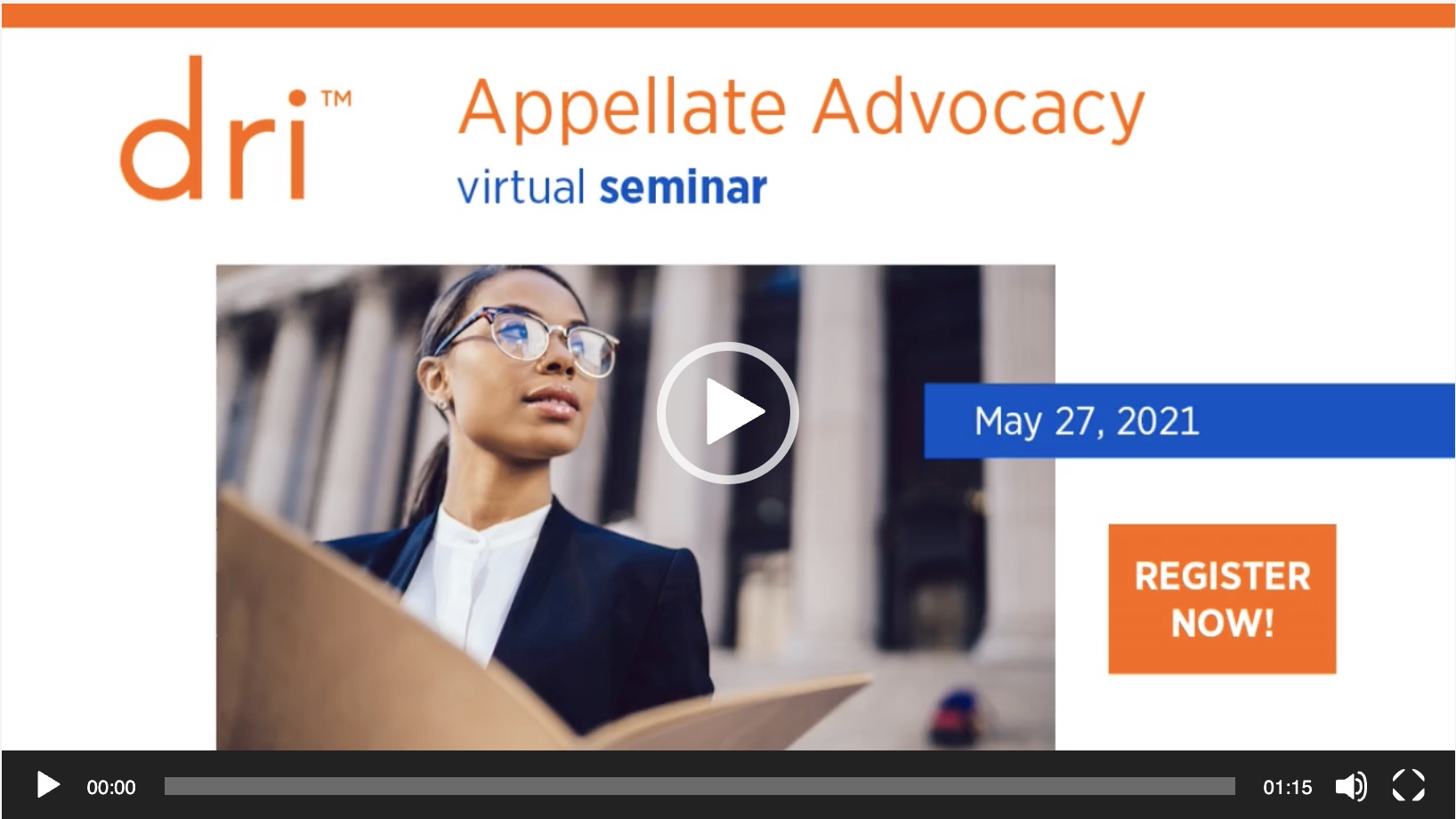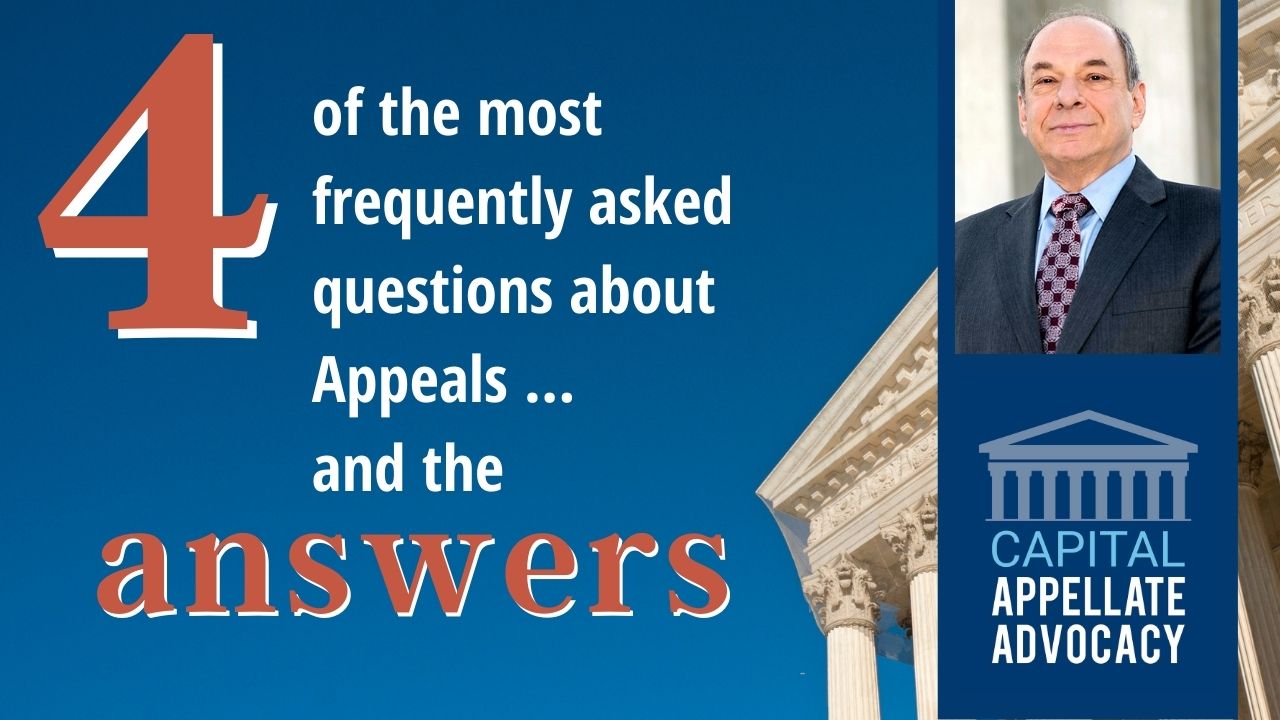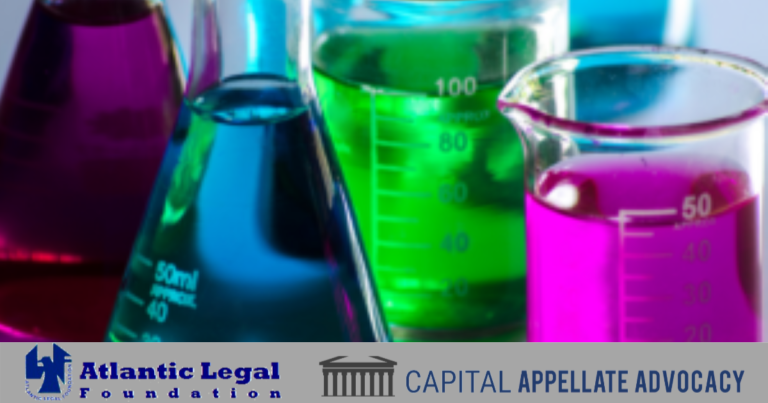Welcome News! The Supreme Court Proposes to Ditch the Amicus Brief Consent Requirement
The Supreme Court recently proposed to eliminate the requirement to obtain the parties’ consent, or the Court’s permission, to file an amicus brief. I have written a short insight piece for DRI’s new online publication, The Brief Case, about this important development. My article raises a fundamental point about amicus briefs: Since the purpose of […]
Welcome News! The Supreme Court Proposes to Ditch the Amicus Brief Consent Requirement Read More »

